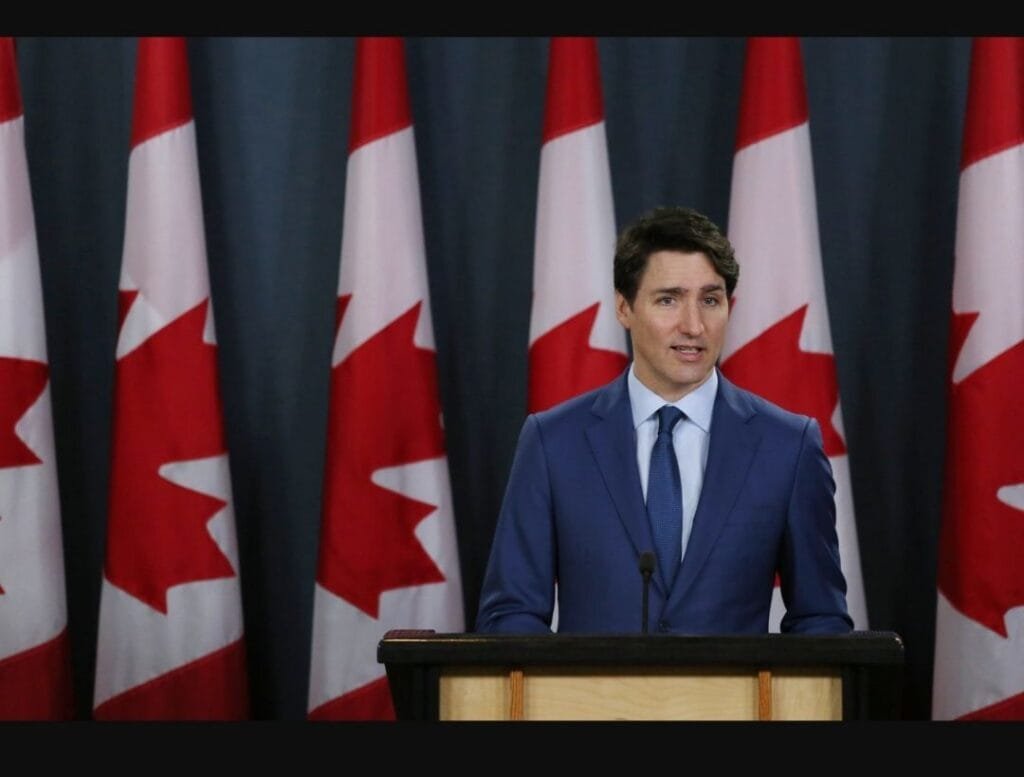Thousands of Nigerians and other foreign workers in Canada are facing potential job losses following Prime Minister Justin Trudeau’s announcement to implement stricter rules aimed at curbing the recruitment of non-Canadian job seekers.
In a post shared on X (formerly Twitter) on Wednesday, Trudeau stated, “We’re going to have fewer temporary foreign workers in Canada.”
He explained that companies must provide more substantial evidence to justify why they cannot hire Canadian workers before bringing in foreign employees.
This announcement comes shortly after Immigration, Refugees, and Citizenship Canada (IRCC) ended a visitor-to-work permit policy. The policy, introduced in August 2020, allowed stranded visitors, including many Nigerians, to obtain legal work status during the COVID-19 pandemic. It was initially set to expire in February 2025 but was terminated early in August 2023.
The Canadian government cited concerns about the rising number of temporary residents and the need to maintain the integrity of its immigration system as reasons for ending the policy. “While the temporary policy was set to expire in 2025, the IRCC is ending the policy as part of our efforts to recalibrate the number of temporary residents and preserve the immigration system’s integrity,” the IRCC read.
For many Nigerians, the now-defunct visitor-to-work policy had provided a crucial lifeline, allowing them to remain in the country while legally working.
Its termination has left many foreign workers uncertain about their future in Canada, especially with the introduction of stricter hiring rules.
Data from the IRCC shows that over 71,000 Nigerians became Canadian citizens between 2005 and 2024, making Nigeria the 10th most significant source of new Canadian citizens.
However, the country’s growing emphasis on protecting local job opportunities may now create challenges for those hoping to secure or retain employment in Canada.
Trudeau’s decision is part of a broader effort to prioritise Canadian workers amid growing concerns about domestic unemployment and the increasing number of temporary foreign workers. “We’re bringing in stricter rules for companies to prove why they can’t hire Canadian workers first,” Trudeau emphasised in his social media post.
The move has sparked concerns among foreign workers, who fear the new regulations could severely limit their job prospects.
For Nigerians and other non-Canadian workers, this could mean job losses or the need to find alternative employment in the country.
Canada has long been a favoured destination for Nigerian immigrants, drawn by its work and education opportunities.
However, with the end of the visitor-to-work policy and the upcoming changes to recruitment rules, many are now uncertain about their prospects in the Canadian labour market.
The Trudeau government has defended the move as a necessary step to safeguard job opportunities for Canadians and reduce the reliance on temporary foreign workers.
As Canada continues to recover from the economic challenges posed by the COVID-19 pandemic, the focus on protecting local jobs is expected to remain a key policy priority.
With these changes, the future for thousands of foreign workers, including Nigerians, remains unclear as the Canadian government seeks to balance immigration policies with the needs of its domestic workforce.














